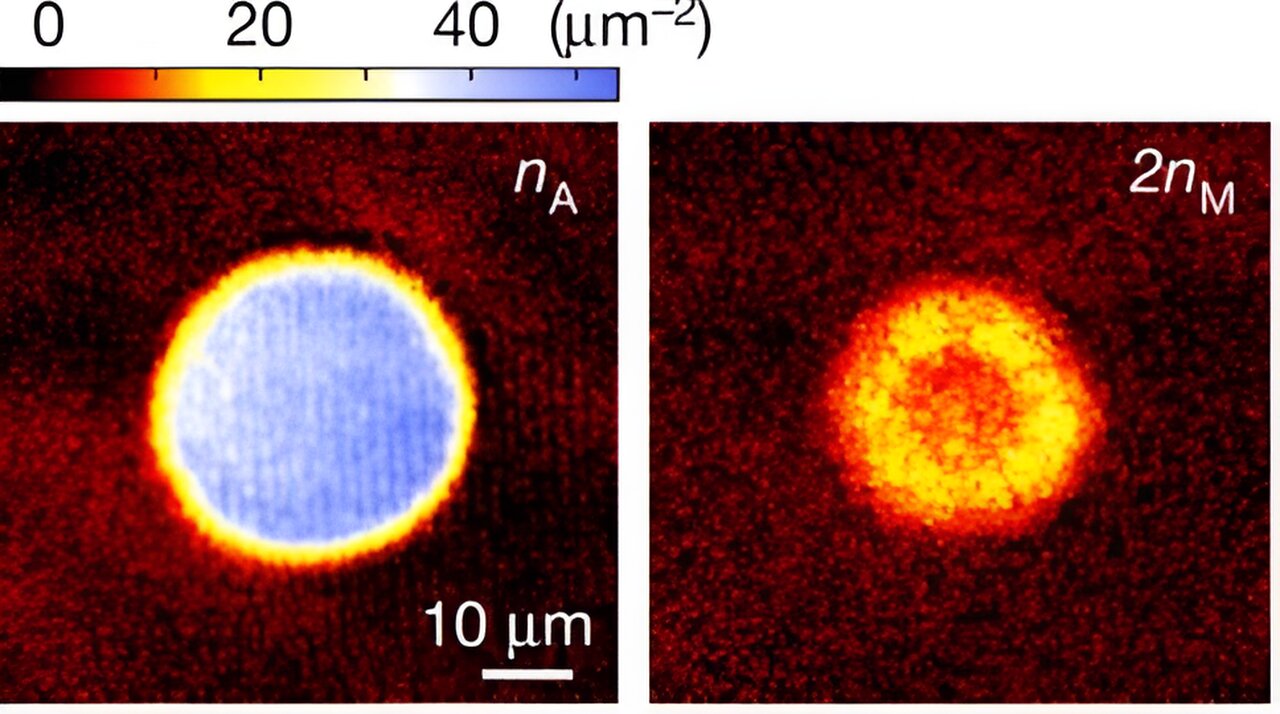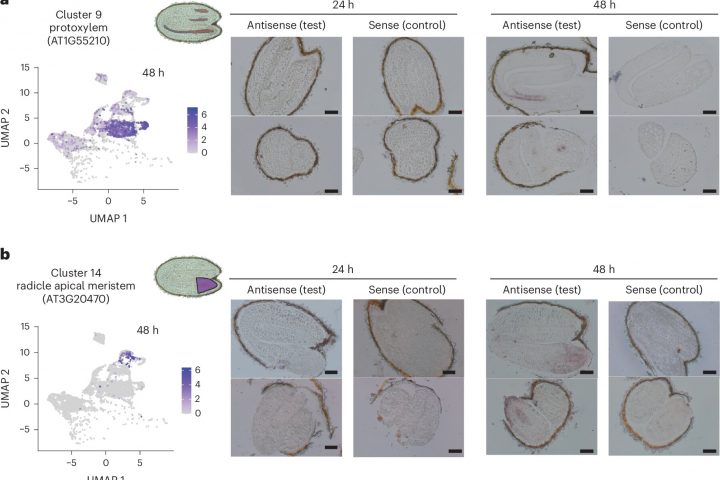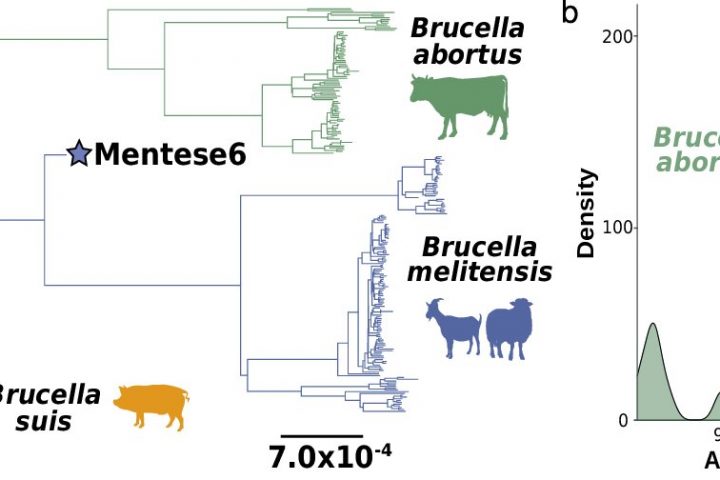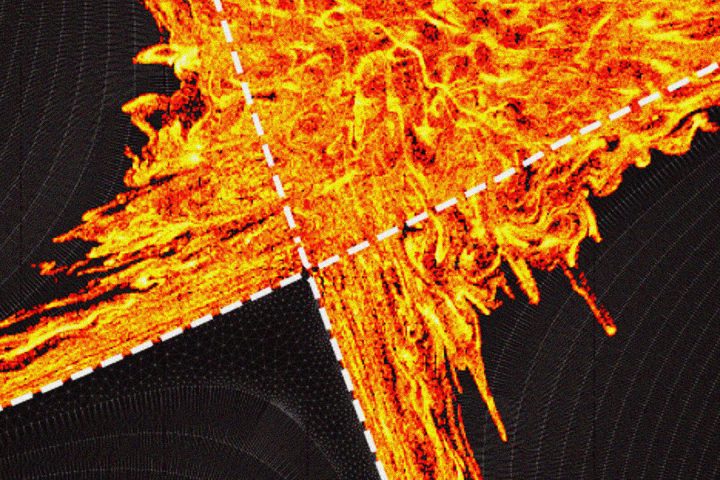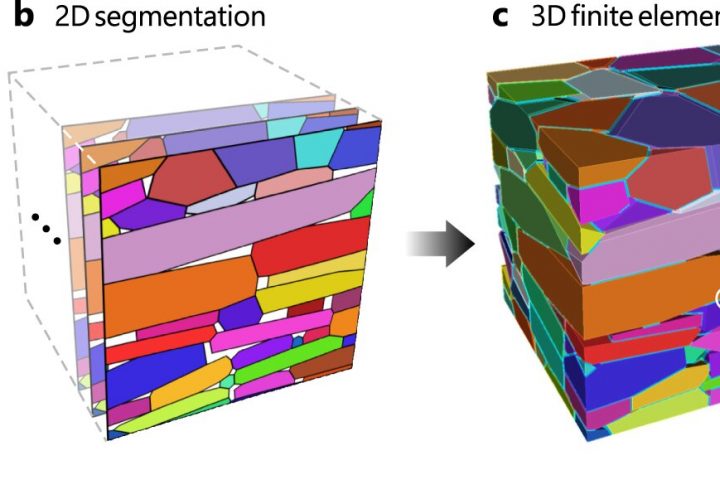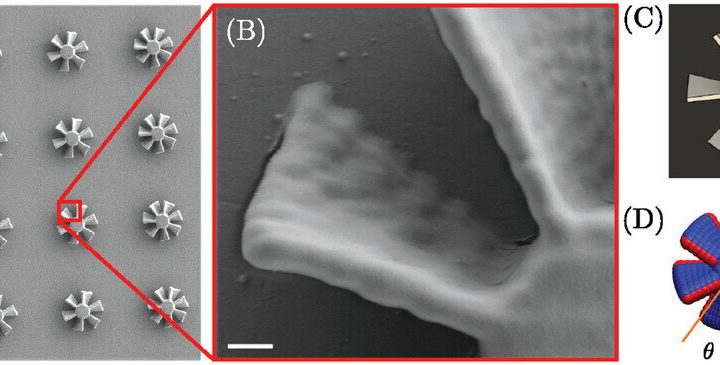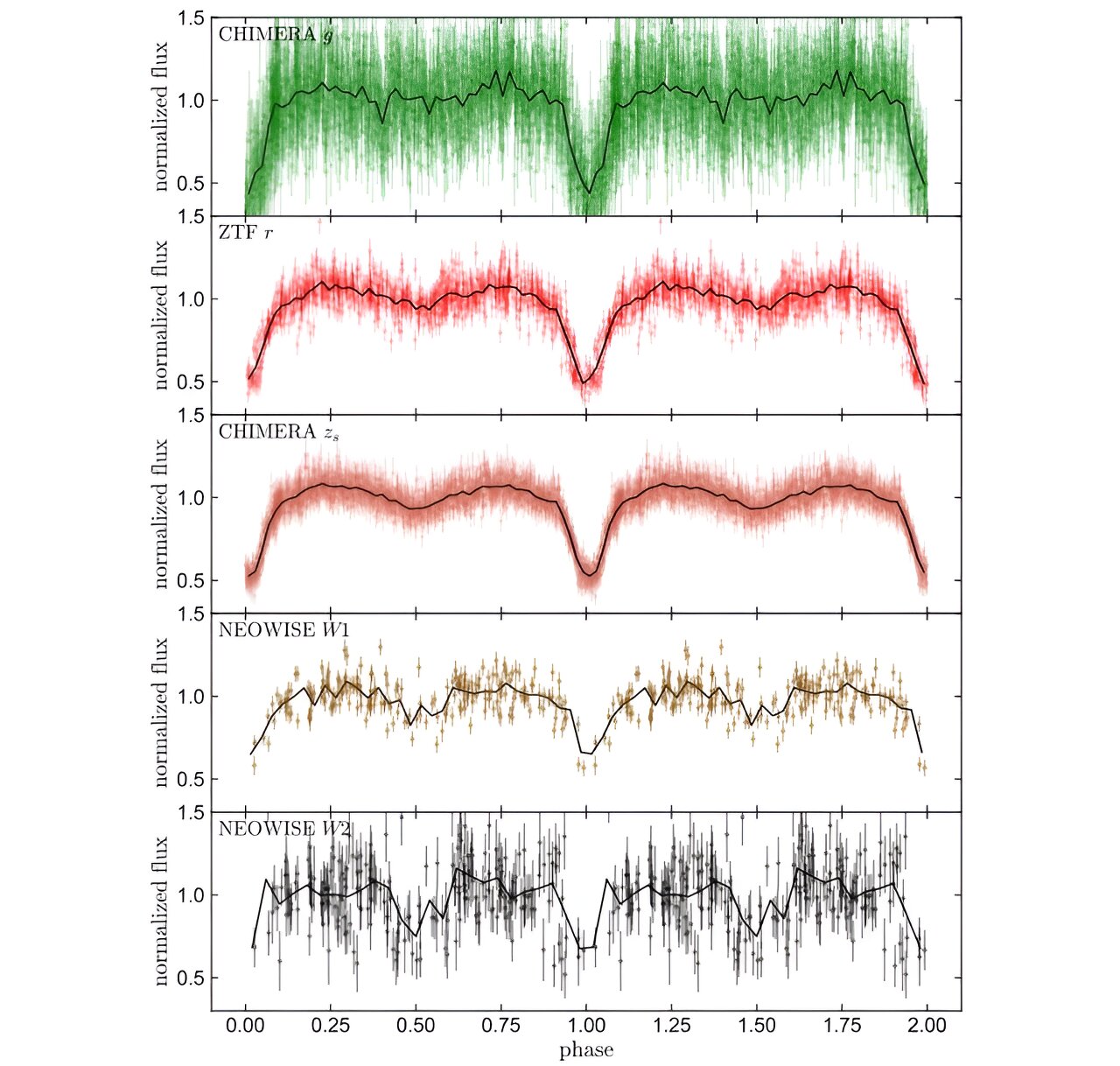In recent years, physicists have been on a quest to achieve control over chemical reactions in the quantum degenerate regime. This is a fascinating realm where the de Broglie wavelength of particles becomes comparable to the spacing between them. Theoretical predictions suggest that in this regime, many-body reactions between bosonic reactants will exhibit quantum coherence and Bose enhancement. However, validating these predictions experimentally has proven to be challenging.
Researchers at the University of Chicago recently embarked on a mission to observe these elusive many-body chemical reactions in the quantum degenerate regime. Their groundbreaking findings, published in Nature Physics, unveil the observation of coherent, collective reactions between Bose-condensed atoms and molecules.
“The quantum control of molecular reactions is a rapidly advancing research area in atomic and molecular physics,” explained Cheng Chin, one of the researchers involved in the study, in an interview with Phys.org.
“People envision applications of cold molecules in precision metrology, quantum information, and quantum control of chemical reactions. Among all these goals, quantum super-chemistry stands out as a major scientific objective. Over 20 years ago, researchers predicted that chemical reactions can be collectively enhanced by quantum mechanics when reactants and products are prepared in a single quantum state.”
The enhancement of chemical reactions through quantum mechanical processes has long been a sought-after research goal. These boosted reactions, often referred to as ‘super reactions,’ bear a striking resemblance to superconductivity or the functioning of lasers. However, in this case, molecules take the place of electrons or photons, respectively.
The primary aim of Chin and his colleagues’ recent work was to observe many-body super reactions in a quantum degenerate gas. To conduct their experiments, they specifically utilized Bose-condensed cesium atoms, a strongly electropositive and alkaline element commonly employed in the development of atomic clocks and quantum technologies.
“Cesium atoms are chemically reactive at low temperatures and can be converted into a molecular Bose condensate with high efficiencies,” Chin explained. “We monitored the dynamics of molecular formation in the atomic condensate and observed macroscopic quantum coherence between the atoms and molecules.”
The team’s experiments yielded a series of intriguing observations. They discovered that super chemical reactions in the cesium atom condensate were initially characterized by the rapid formation of molecules. As the system approached equilibrium, these molecules oscillated at different speeds. Notably, samples with a higher density of atoms exhibited faster oscillations, suggesting a Bosonic enhancement of the reactions.
“Our work unveils new guiding principles for chemical reactions in the quantum degenerate regime,” Chin stated. “In particular, we demonstrate that all atoms and molecules can react collectively as a whole. Such many-body reactions hold the promise of advancing and reversing chemistry without dissipation, as well as steering the reaction pathway towards desired products.”
Chin and his colleagues’ recent work contributes to our current understanding of quantum many-body chemical reactions, providing a viable path towards controlling these reactions at quantum degeneracy. In their paper, the researchers introduce a quantum field model that accurately captures the key dynamics of these reactions, potentially guiding future experiments in this field of study.
“Our next step is to uncover new fundamental laws that govern chemical reactions in the quantum many-body regime,” added Chin. “For instance, the condensed molecules are described by a single wavefunction, and the phase of the wavefunction may hold the key to controlling the direction of the chemical reaction. Additionally, we will explore many-body effects in the reactions of more complex, polyatomic molecules.”
,,,,
